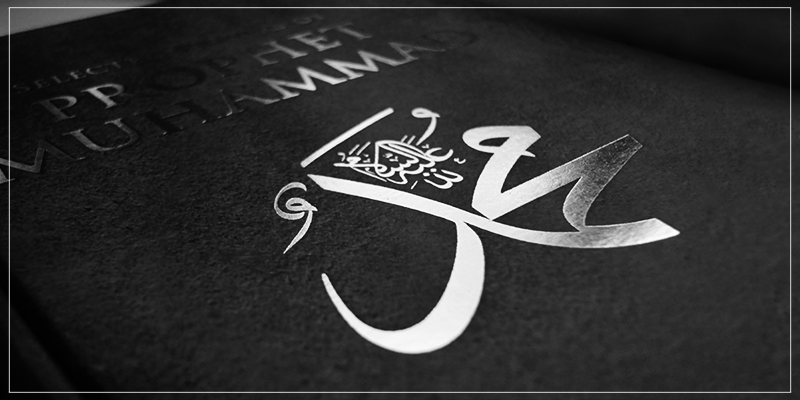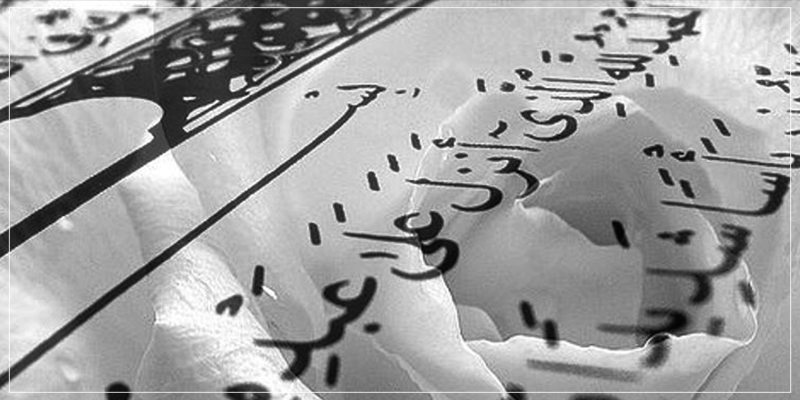
If we may say the Prophet (SalAllahu ‘Alayhi Wasalam) had one obsession, it would be his Ummah or community of followers. So much so that even when he was raised to the Throne of Allah (SWT) Himself, he spoke of and for us. On the Day of Judgment when our own parents and children will not be able to do anything for us, and the other Prophets will beg for mercy for themselves, our Prophet (SalAllahu ‘Alayhi Wasalam) will beg for mercy for all of us.
We understand then that the Prophet (SalAllahu ‘Alayhi Wasalam) loved us and acted in our interests to help us improve ourselves and teach us how to be better towards each other. The Prophet (SalAllahu ‘Alayhi Wasalam) was born, lived and died in a state of forgiveness. His actions were such that he did not need to seek forgiveness, but sound narrations relate he said the word “astaghfirullah” 70 times every day. There was no personal benefit for him to make a remembrance of forgiveness, but because it is of great personal benefit to each of us, he did it to give us this example.
This principle governed much of the Prophet’s (SalAllahu ‘Alayhi Wasalam) life. By the time the Prophet (SalAllahu ‘Alayhi Wasalam) received his first Revelation, he was 40 years old and had made a regular habit of removing himself from society for hours at a time to ponder and contemplate in silence and isolation. He was the kind of man (SalAllahu ‘Alayhi Wasalam) who sat by himself in a dark cave when he sought answers, but taught us that our faith makes it mandatory for every believer to seek knowledge. The Prophet (SalAllahu ‘Alayhi Wasalam) knew the answers he was looking for were within him, but when the Archangel Gabriel finally revealed himself and occupied the desert horizons, the Prophet (SalAllahu ‘Alayhi Wasalam) was fearful of what it meant. He was not a man of supreme confidence waiting for revelation so he could make a grand proclamation. He (SalAllahu ‘Alayhi Wasalam) ran home – terrified – to his dear wife, wondering if he was possessed or insane. Even after he embraced the mission set before him, the Prophet (SalAllahu ‘Alayhi Wasalam) spent years inviting and teaching only those closest to him.
We have heard narrations of how the Prophet (SalAllahu ‘Alayhi Wasalam) entered Mecca after the Muslim conquest. Without any blood being spilt and victorious over bitter enemies who tortured and killed his friends and followers, the Prophet (SalAllahu ‘Alayhi Wasalam) entered the city without fanfare with his head lowered, in what anyone else would have seen as a great personal victory. How do we reconcile this behavior and characteristic with the man (SalAllahu ‘Alayhi Wasalam) who told his companions that their faith is not complete until they love him better than anything else in the world, including their own lives?
When his companions asked the Prophet (SalAllahu ‘Alayhi Wasalam) what his title is with Allah, after learning that Abraham (AS) was the ‘One who Allah Befriended, Moses (AS) the ‘One who Allah Spoke to’ and Jesus (AS) the ‘One who Allah Inspired with Spirit’, Muhammad (SalAllahu ‘Alayhi Wasalam) responded in a way to elevate his companions and ummah. He framed his response from their perspective, and said, “Your companion is the ‘One whom Allah Loves’.” How do we come to terms with the Prophet (SalAllahu ‘Alayhi Wasalam) instructing Abu ibn Kaab to replace all du’a with durood as a way of fulfilling his obligations and seeking forgiveness?
The cynic will say there some signs of the Prophet (SalAllahu ‘Alayhi Wasalam) – May Allah protect and guide us all – being an egomaniac if we choose to focus on certain sayings. But would the egomaniac ever think he was crazy and always put his followers before his own needs? We should focus on the character of a man (SalAllahu ‘Alayhi Wasalam) who was the model of humility and service telling us that the way become close to him is to make du’a for him, to send Durood and Salaam upon him (SalAllahu ‘Alayhi Wasalam). It is in spite of the Prophet’s (SalAllahu ‘Alayhi Wasalam) regular tendencies and behavior that he instructs us directly to honor and love him above everything else.
And when we begin to count the reasons for and ways in which the Prophet (SalAllahu ‘Alayhi Wasalam) proves himself worthy of our love, it ought to make us love him more. Even if we did not have the beautiful narrations extolling the virtues of honoring the Prophet (SalAllahu ‘Alayhi Wasalam) and those he honored, and we did not have direct orders to love him, it should still be self-evident that this is necessary for us to be the best we can be.



Recent Comments